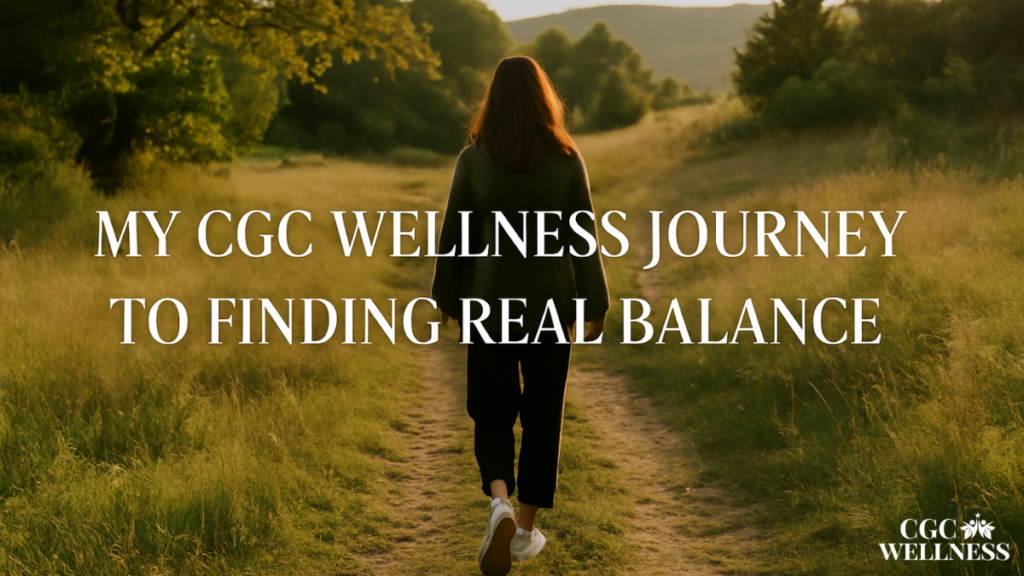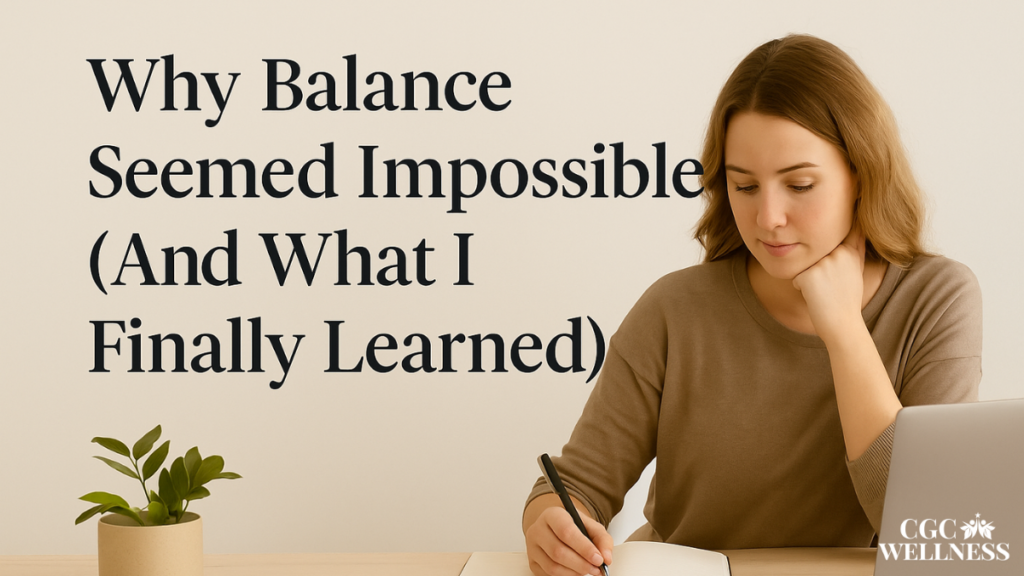For a long time, I struggled to express myself clearly.
I didn’t know how to speak up, especially when things felt uncomfortable. But learning how I found my voice changed everything.
I thought staying quiet was safer than creating conflict.
So I held my tongue, smiled through discomfort, and convinced myself it wasn’t worth the trouble.
💭 “What if they think I’m too sensitive?”
💭 “What if I say it the wrong way?”
💭 “Maybe I should just keep it to myself.”
But the more I silenced my voice, the more disconnected and invisible I felt.
💡 That’s when I realized: I wasn’t avoiding conflict—I was abandoning myself.
To feel seen and heard, I had to learn how I found my voice and started using it with calm confidence.
1️⃣ How I Noticed I Was Hiding Instead of Using My Voice
I started paying attention to the moments when I bit my tongue—not because I chose peace, but because I was afraid.
💡 The Shift: I began noticing when silence felt like self-betrayal—and used that as a signal to find my voice.
🔹 What I Changed:
✅ I asked myself, “Is this silence protecting me—or hiding me?”
✅ I stopped judging my need to speak up
✅ I gave myself permission to express how I really felt
🚀 The result? I stopped abandoning myself in conversations—and began building honest connections.
2️⃣ How I Practiced and Slowly Found My Voice
At first, it felt uncomfortable to share my thoughts. My voice trembled. I overthought everything.
💡 The Shift: I gave myself grace to be imperfect as I found my voice.
🔹 What I Changed:
✅ I practiced speaking honestly with people I trusted
✅ I wrote out my thoughts in a journal before conversations
✅ I reminded myself that my voice mattered—even if it shook
🚀 The result? The more I used my voice, the easier it became.
3️⃣ Speaking With Confidence After I Found My Voice
Eventually, I learned to express myself with clarity—even when things felt tense.
💡 The Shift: I realized that confidence isn’t about being loud—it’s about being clear and honest as I found my voice.
🔹 What I Changed:
✅ I used calm, grounded language
✅ I said how I felt using “I” statements
✅ I let go of trying to control how others responded
🚀 The result? I felt more empowered and connected—even in tough conversations.
The Truth About How I Found My Voice
I used to think having a voice meant being perfect or persuasive.
But now I know:
✔ Your voice matters—even if it trembles
✔ You can speak with grace and still be strong
✔ You don’t have to say everything—but you don’t have to stay silent either
💡 When I found my voice, I didn’t just speak—I began to stand in my truth.
What’s Next: How I Deal With Criticism Without Taking It Personally
Learning to speak up was only part of the journey.
In my next blog, I’ll share how I handled conflict without losing connection—and how I stayed true to myself during disagreements.
📢 Have you been learning how to find your voice? What helped you speak up with more confidence? Let’s share in the comments 💬
📩 Subscribe now for weekly CGC Wellness reflections + free tools
📢 Follow CGC Wellness on Instagram and Facebook for gentle encouragement to speak your truth with courage 💬

